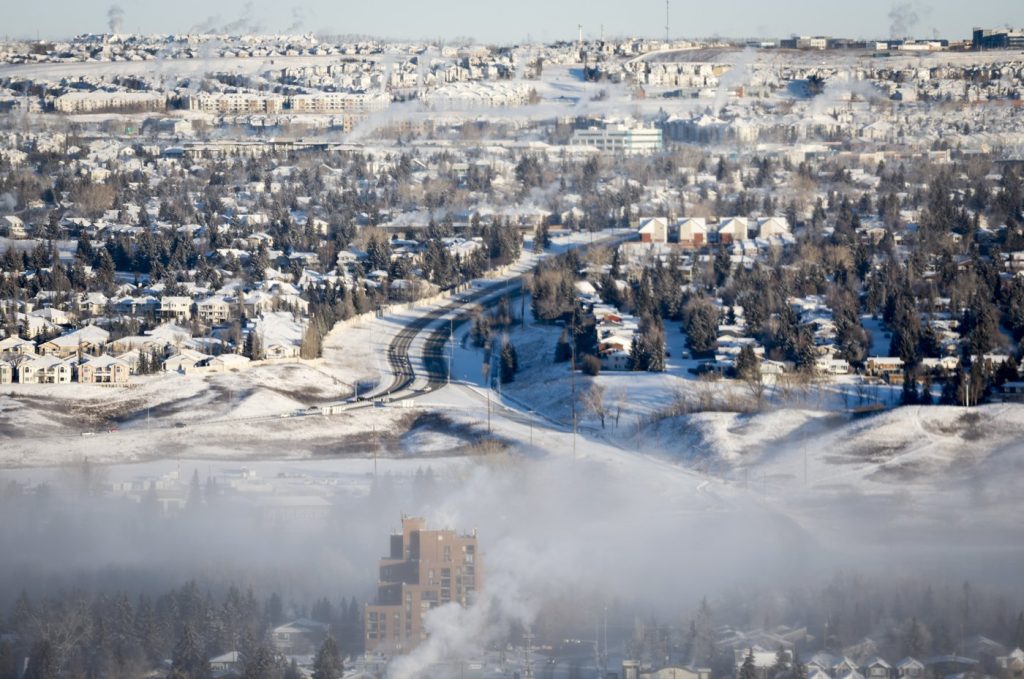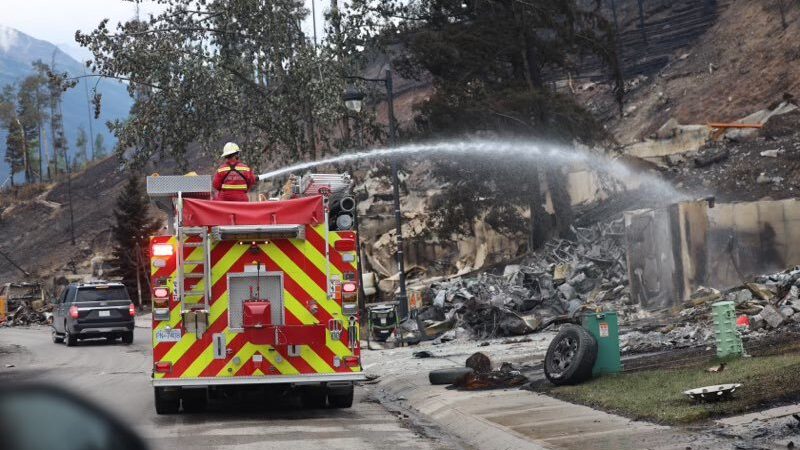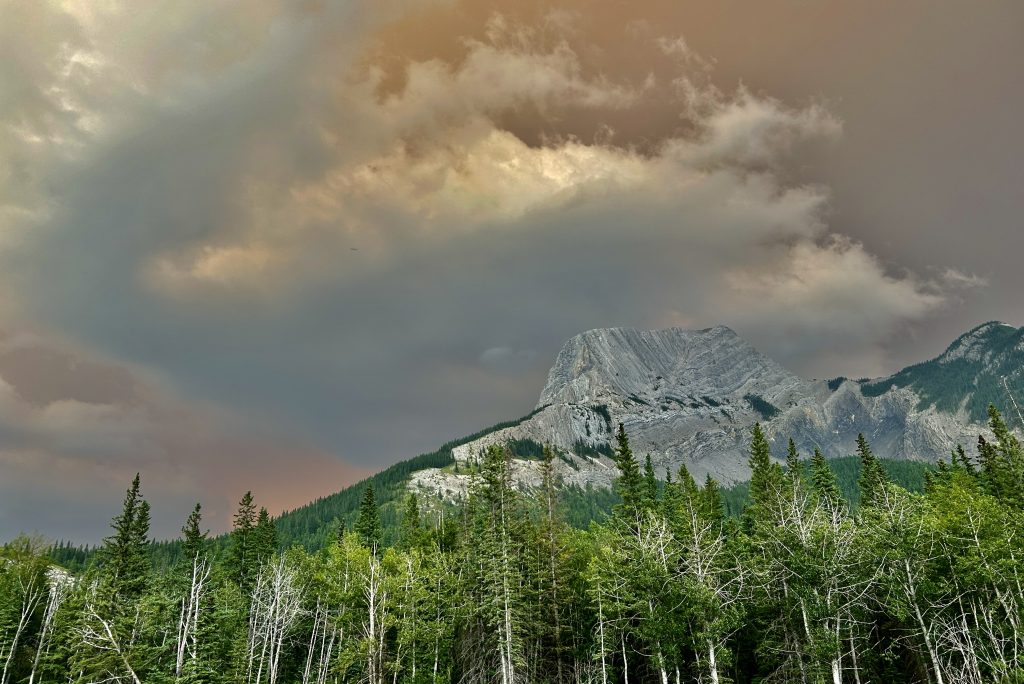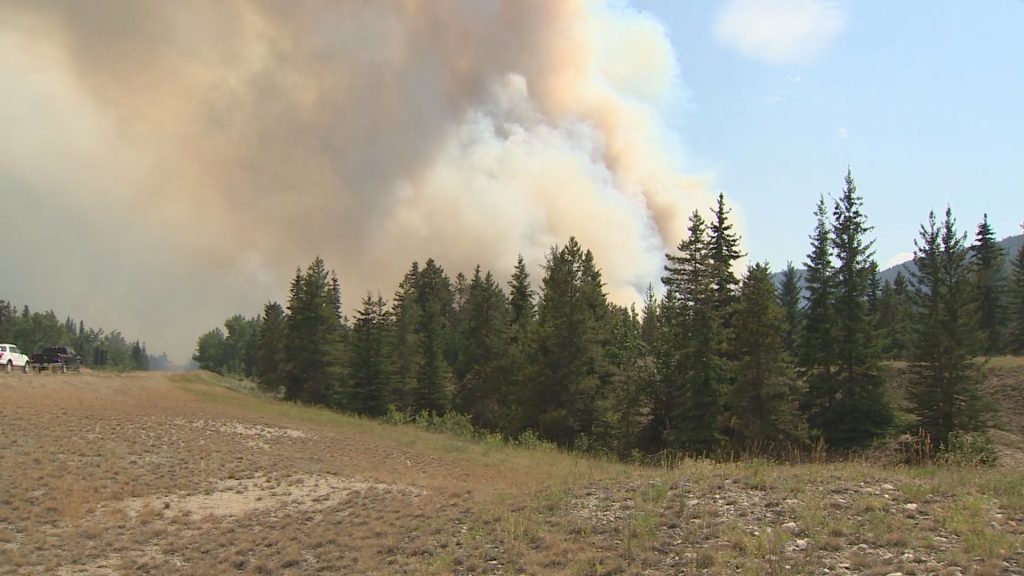Alberta grid alert ends, call to action ‘tremendous’

Posted January 13, 2024 6:58 pm.
Last Updated January 14, 2024 9:47 am.
An Alberta-wide grid alert has been lifted after there were risks of rotating power outages Saturday.
The Alberta Electric System Operator (AESO) issued a grid alert at around 3:30 p.m. GMT due to the “extreme cold, high demand and low imports.” This was followed by a province-wide push alert by the Alberta Emergency Management Agency just after 6 p.m. GMT.
The AESO says once the alert was issued, it saw a “significant” drop in electricity demand, noting a decrease of 100 MW, which is equivalent to a 200 MW reduction within minutes.
The grid alert was lifted at around 8:40 p.m.
“The province-wide response to the call for energy conservation was tremendous,” said Mike Law, President and CEO of the AESO, in a new release. “On behalf of the AESO, I would like to extend my thanks to all Albertans who responded to the call for action, which ensured we didn’t have to progress to rotating outages, keeping our grid up and running for all Albertans.”
The AESO president also thanked system operators, as well as generation, transmission, and distribution facility technical operations teams throughout Alberta, calling it a “truly a collaborative effort.”
Meanwhile, Alberta Minister of Affordability and Utilities Nathan Neudorf tells CityNews he is “so proud of Albertans” in reducing their electricity use. He says the province was within 100 MW of its alert protocol, meaning a “significant event one way or the other could have pushed us over.”
“Immediately upon the alert going out, we saw a significant drop in load by everybody turning off access lights, doing what they could. So proud of Albertans and also very thankful to Saskatchewan for ramping up what they could share with us to the maximum capacity. Every little bit helps,” he said.
He says that putting out an emergency alert combined with the AESO grid alert was a matter of “life and death.”
“The temperatures that we have now, if someone’s without power — without heating for an hour or two, that’s scary. And that is extremely dangerous,” Neudorf said.
“We really don’t want to get to that situation.”
Saskatchewan Premier Scott Moe posted about assisting Alberta on X, and he also used it as an opportunity to take a dig at the federal government.
“That power will be coming from natural gas and coal-fired plants, the ones the Trudeau government is telling us to shut down (which we won’t),” his post reads.
When it comes to the electricity situation, Neudorf says the province receives power from neighbouring provinces B.C. and Saskatchewan, and also from neighbouring U.S states Idaho and Montana in situations such as the grid alert Saturday, but because the two provinces and Idaho are experiencing extreme weather, it is impacting sharing capabilities and is a “contributing factor to tonight’s grid alert.”
“Because of this cold snap being so widespread, Idaho was on a grid alert, so Montana’s electricity was going that way. B.C. has their own challenges, they were only able to give us a fraction of what they’ve been able to share previously. And we have … only a very small interchange with Saskatchewan,” he explained.
“And even at max capacity, which they are doing 153 MW, which is the absolute maximum. That’s … a small amount compared to the 12,000 MW that we use. So that’s why we were in such a dire situation earlier this evening.”
This comes a day after the AESO issued a grid alert due to two large natural gas generator outages. Residents at that time were asked to conserve electricity during peak consumption hours between 4 and 7 p.m. It ended just after 9 p.m., with the operator saying there were “no reliability concerns at this time.”
Environment and Climate Change Canada anticipates temperatures could dip to -50 C on Sunday morning in numerous areas of the province.
It warns that arctic air, combined with strong winds, can lead to frostbite and hypothermia “within minutes” if people don’t take proper precautions while outdoors.
The AESO continues to ask Albertans to continue to conserve energy during the peak demand period from 4 p.m. to 7 p.m. GMT Sunday.
With files from Silvia Naranjo and Andrea Montgomery.








